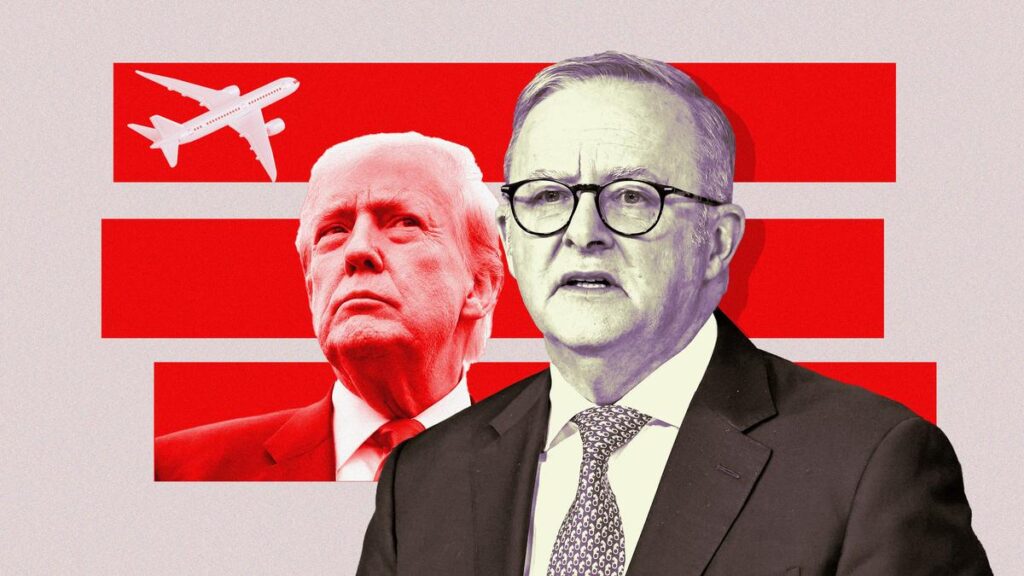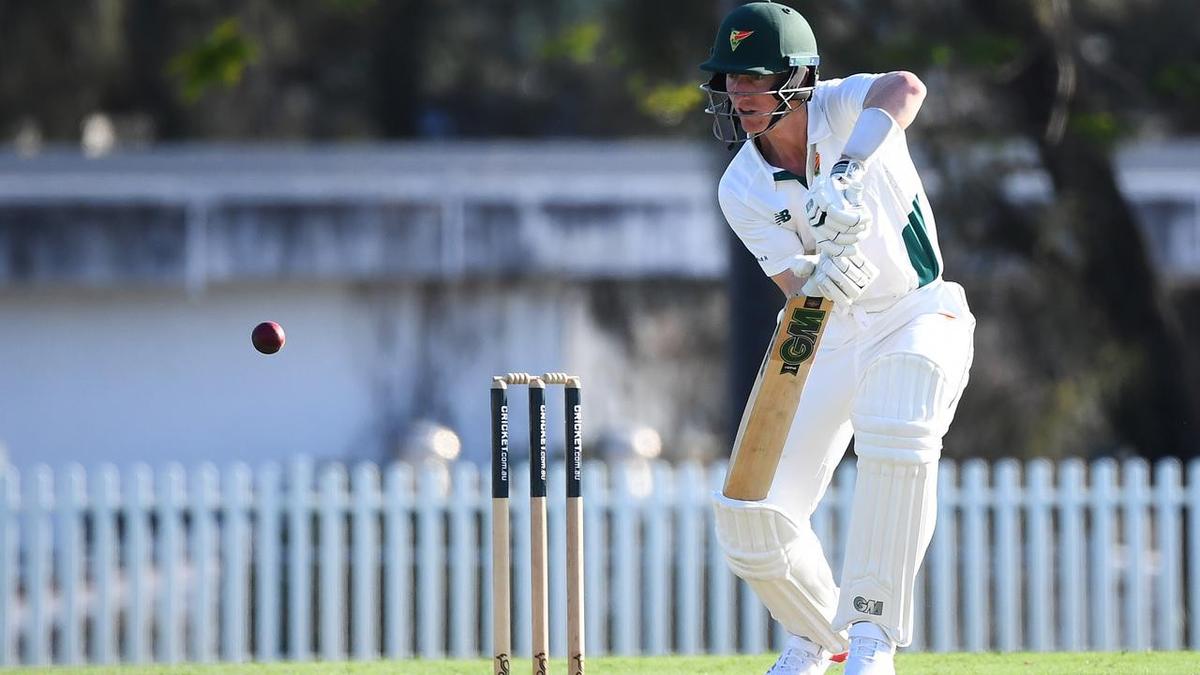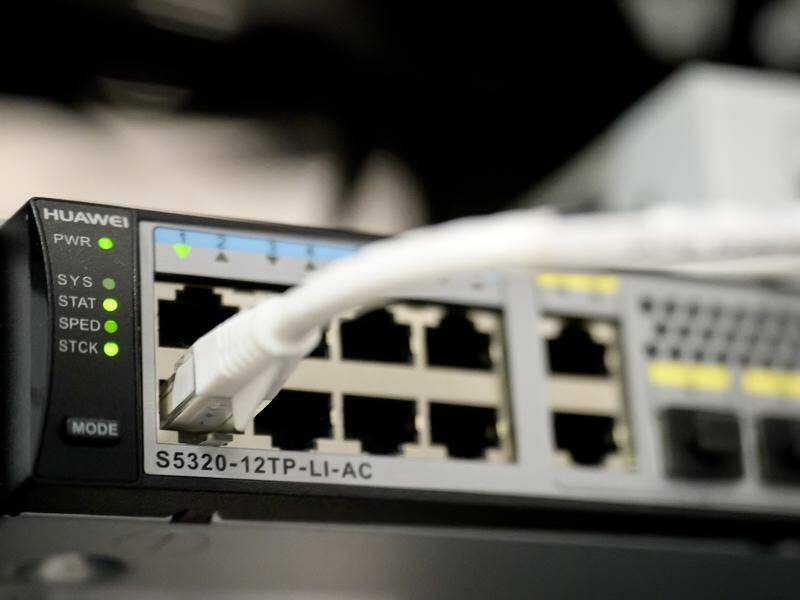
Anthaony Albanese and Donald Trump
UPDATE: Prime Minister Anthony Albanese is facing a significant diplomatic crisis as he embarks on a crucial mission to the United Nations General Assembly in New York. Just days ago, a historic security agreement with Papua New Guinea was thwarted, marking a troubling trend for Australia in the Pacific.
Albanese’s aspirations to solidify his standing as an international statesman have taken a serious hit, with two major security deals collapsing in a matter of weeks. The latest setback occurred due to domestic politics in Papua New Guinea, where a quorum could not be reached for the Cabinet to approve the treaty because many ministers were absent for independence celebrations. This incident has left many questioning Australia’s diplomatic effectiveness in the region.
The implications of these failures are immediate and severe. After the collapse of a similar security deal with Vanuatu—which raised concerns about potential repercussions on its infrastructure funding from other nations—Albanese now faces skepticism from both Pacific neighbors and international observers. Heightening these concerns, China has urged PNG not to finalize any agreements that might restrict its cooperation with other countries, further complicating the geopolitical landscape.
As Albanese prepares to address the UN on September 20, 2023, he must recover from this diplomatic embarrassment and regain credibility. His meeting with Donald Trump looms large, with the potential to either bolster or damage Australia’s strategic interests. Trump hinted at their upcoming discussion, which could revolve around Australia’s position on the recognition of a Palestinian state, a contentious issue where the two leaders diverge significantly.
“Albanese has a lot on the line as he heads to the UN. His ability to navigate these discussions could redefine his leadership,” noted a diplomatic source.
The stakes are exceptionally high for Albanese. If he secures even a mild endorsement from Trump regarding the AUKUS security pact, it may alleviate some of the pressure from recent setbacks. Conversely, if Trump demands an increase in Australia’s defense budget to continue supporting AUKUS, the ramifications could be disastrous for Albanese’s administration and its long-term strategic vision.
With the weight of Australia’s regional relationships hanging in the balance, Albanese’s upcoming meetings will be scrutinized closely. Will he manage to turn the tide of recent failures into a diplomatic victory, or will this trip to New York become another chapter in a growing narrative of diplomatic missteps? The world is watching as these developments unfold, and the outcomes will have lasting implications for Australia’s role in the Pacific.
As this story continues to evolve, stay tuned for the latest updates on Albanese’s mission and its impact on Australia’s international standing.






